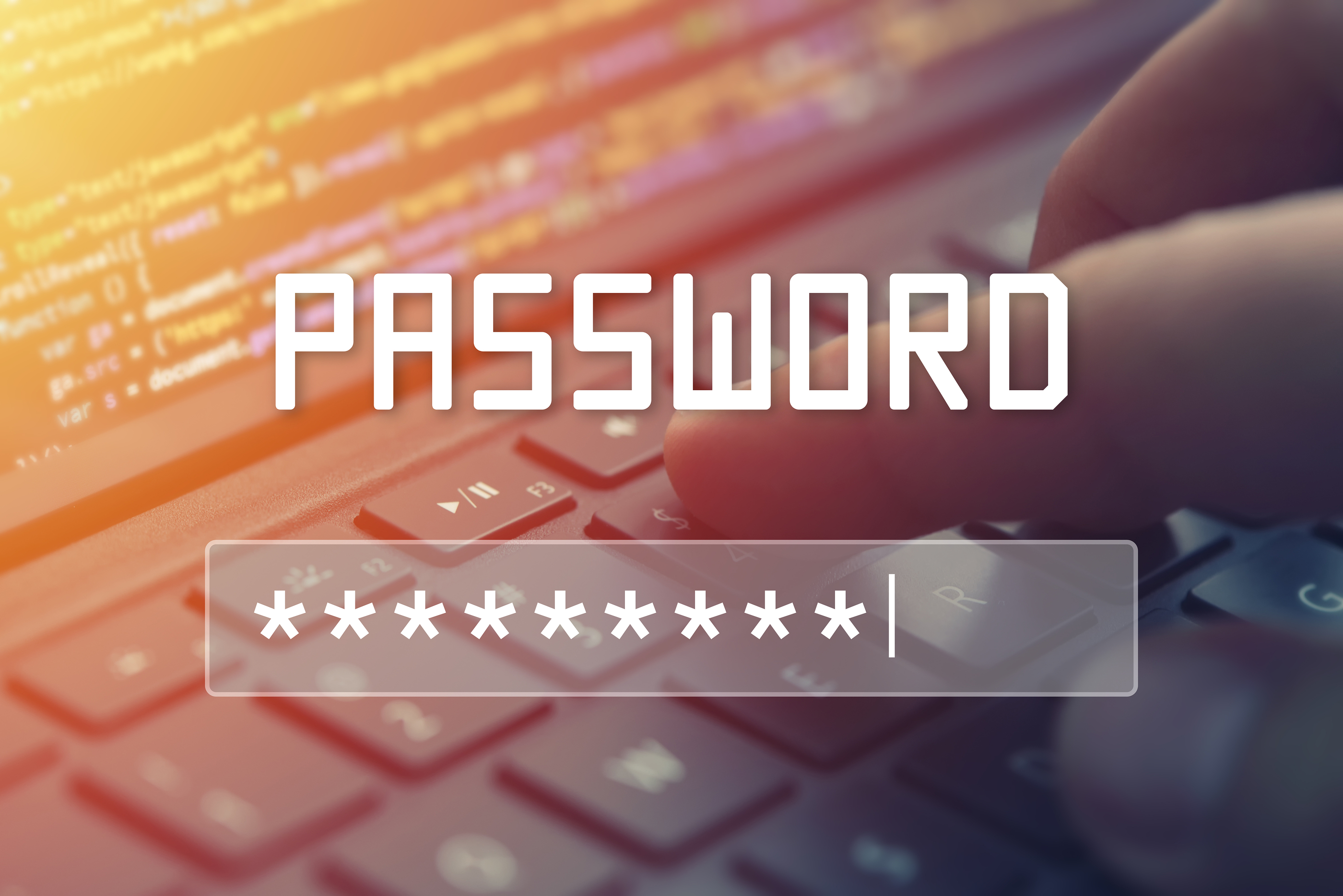
You’re setting up yet another new login for a new cloud service, your browser asks if you’d like to save your password, you click “yes” without even thinking about it because it’s going to save you time later.
Passwords can be equally frustrating and absolutely necessary. They’re usually the only thing keeping your personal or work data secure from the prying eyes of a hacker. Yet the average person has about 23 logins they have to manage, and when you factor in those used at work, that’s even more to juggle.
Who’s going to remember all those passwords? Which is why many people let their browser remember passwords for them and autofill them into the login form.
But this method has a lot of security risks that can leave your data unprotected and at risk of being compromised. Once that data is breached, it can mean having to go through data recovery, identity theft and credit card fraud, and irreparable harm to your business.
81% of hacking-related data breaches are due to weak or stolen passwords.
If you’ve been using your browser to store passwords, you’ll want to read on to find out why you should stop.
Risks of Browser Password Storage
Most of us know the basics of strong passwords, such as:
- Making them at least 7-10 characters in length
- Using a combination of letters, numbers, and symbols
- Using passphrases instead of passwords
- Not using the same password for multiple logins
But with an ever-growing list of logins for everything from Facebook to Office 365 to your personal bank account, it’s just about impossible for anyone to remember all the separate passwords they need to use weekly. Which is why they tend to rely on their browser to save them.
Here’s why you should find a better way to manage passwords – such as a password management software or managed security services– to ensure the security of your device and network, and the all data they have access to.
1. Hackers Can Reveal Stored Passwords
If your computer is compromised, a hacker knows just where to go to view browser-stored passwords. And while an average user would be stopped by the Windows 10 requirement for a user password before accessing Chrome stored passwords, cyber criminals can use programs that allow them to reset that user password to gain access.
Firefox allows access to see stored passwords without the authentication, unless a master password is pre-set.
2. Lost or Stolen Device
If your device is ever lost or stolen, then whoever has it will be able to get into all your accounts that have their login credentials stored in the browser.
And if you’re synching your Chrome (or other browser) data across devices, that can mean that whether it’s your smart phone or laptop that’s stolen, your browser-stored passwords will be available to the person that has it.
3. Your Accounts are Vulnerable to Friends/Family/Co-Workers
Do you ever step away from your desk and leave your computer open? How about your smartphone being accessible to a roommate while you’re sleeping? While most of us can trust our friends, family, and co-workers, there’s always a chance someone can gain access to your accounts simply because they have access to your device.
This could lead to something as innocent as a spouse posting on social media as you for a joke, or as serious as a “friend of a friend” accessing your mobile wallet account to steal money. If your passwords are saved in the browser, they don’t have to do much to access your sensitive information.
4. You’re More Likely to Forget Passwords
There are certain computer activities or issues that can cause your saved passwords to be deleted or no longer work. For example, if you change a password but forget to click the prompt to save the update over the old one.
When you don’t regularly type in your passwords, you’re much more likely to forget them, which can cause a time-consuming password reset process after being locked out of a program.
5. They Can Be Accessed by Remote Logins
If your computer is logged into remotely, for example due to a virus that opens a backdoor to a hacker, that person doesn’t even have to know how to view your passwords saved in a browser, they can simply access any of your accounts by using your saved credentials just like you do.
Being able to login as you also means that a hacker can change your passwords, locking out of your own accounts and making it harder for you to protect your data once you find out its compromised.
Call Connect2Geek for Help Managing Your Company’s Logins
Poor password management is the main cause of computer breaches. Let us help you streamline, simplify, and secure your logins with a system that won’t slow you down and will keep your data protected.
We’re here for a chat at 208-468-4323 or through our website.
